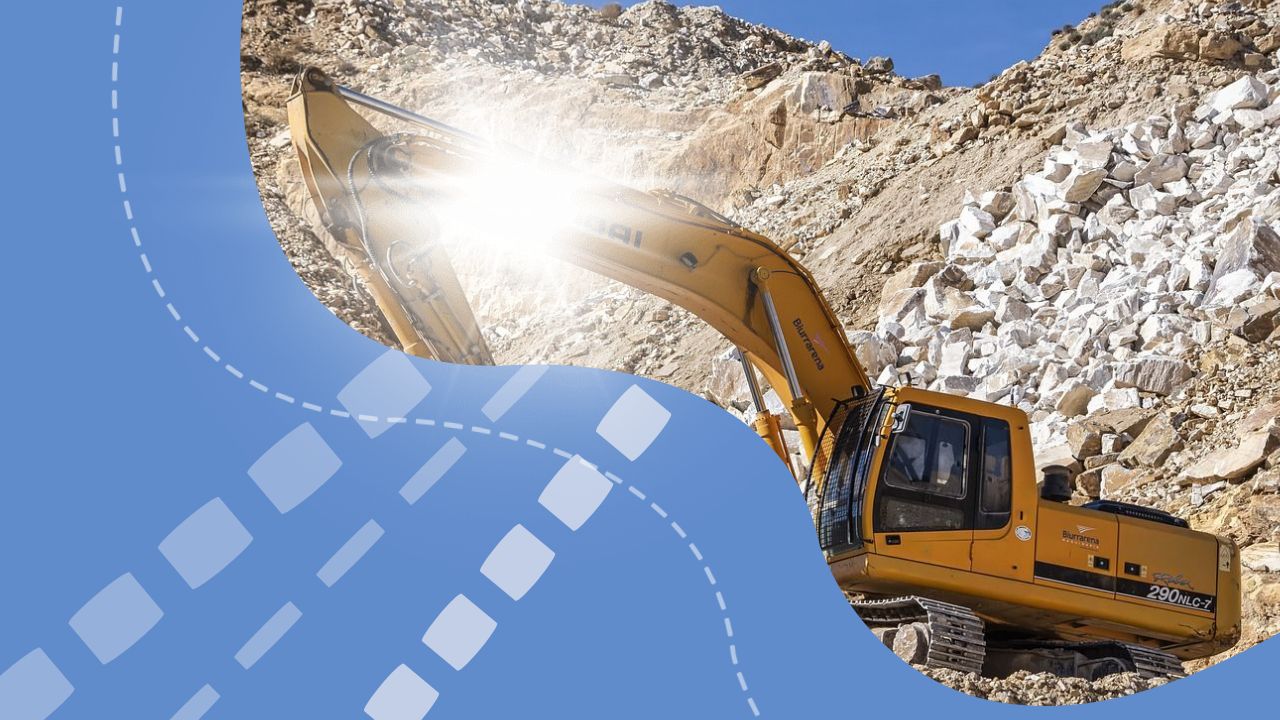The ban on the sale of petrol and diesel cars by 2035, an issue at the heart of EU negotiations earlier this year, opened the floodgates for Chinese electric vehicles (EVs) – the production of which is “clearly subsidised”, on the EU market, claimed Senard.
“For the past 25 years, China has been getting its hands on the world’s mines [and] on the processing of critical raw materials needed to make electric vehicles,” he said at the Rencontres économiques d’Aix-en-Provence on Saturday.
The growth of a European EV market depends on greater access to critical raw materials, only a small quantity of which are currently mined or processed in the EU.
To help bolster the bloc’s supply of raw materials, the EU has placed strict recycling requirements on batteries to keep imported raw materials in the European production loop. EU leaders are also forging “strategic partnerships” with neighbouring European countries with proven resource stores, such as Norway.
However, these efforts are unlikely to pay off for years, with the bloc expected to remain reliant on third countries for the foreseeable future.
China is by far the world’s leading producer of batteries, with a 56% global market share in 2022. It is also a leader in raw materials refining, including lithium, cobalt and graphite. Demand for lithium is due to increase by 30% between 2020 and 2030, according to statistics from the Jacques Delors Institute.
Moreover, Chinese EVs “benefit from customs duties two and a half times lower than those imposed on us by China when we want to export a vehicle there”, the Renault Chairman added.
Reciprocity “does not exist, and that needs to be corrected urgently,” he argued, claiming that access to the raw materials necessary for a just and effective green transition will be “the most important strategic challenge of the coming years”.
“The war of the future will be the war over critical materials,” he said.
In March, the European Commission presented a new Critical Raw Materials Act (CRMA), setting EU targets for producing, refining and recycling key raw materials needed for the green and digital transitions.
“Excessive dependencies on single suppliers could disrupt entire supply chains, particularly as export restrictions and other trade-restrictive measures are increasingly used amid intensifying global competition,” the Commission text reads.
“We have almost nothing in Europe,” Senard explained. While we are “starting to rebuild” a European mining sector, “this will take at least ten years”.
Senard’s comments also come two weeks after China announced it would impose export controls on gallium and germanium, two critical raw materials needed to manufacture semiconductors and other electronic components, for national interest reasons.
“Imagine this happening” in the world of EV production, Senard said, acknowledging that China’s abusive use of export controls on critical materials is a serious risk.
The overall geopolitical situation Renault faces is “tough”, he asserted, speaking of several European vulnerabilities as it builds up EV production capacities, “but we are going to fight because we have no choice”.
Europe produced 1.41 million electric vehicles in 2020 and aims to produce 13.24 million by 2030, making the continent the world’s leading producer.
(Theo Bourgery-Gonse | EURACTIV.fr, Edited by Sean Goulding Carroll)

